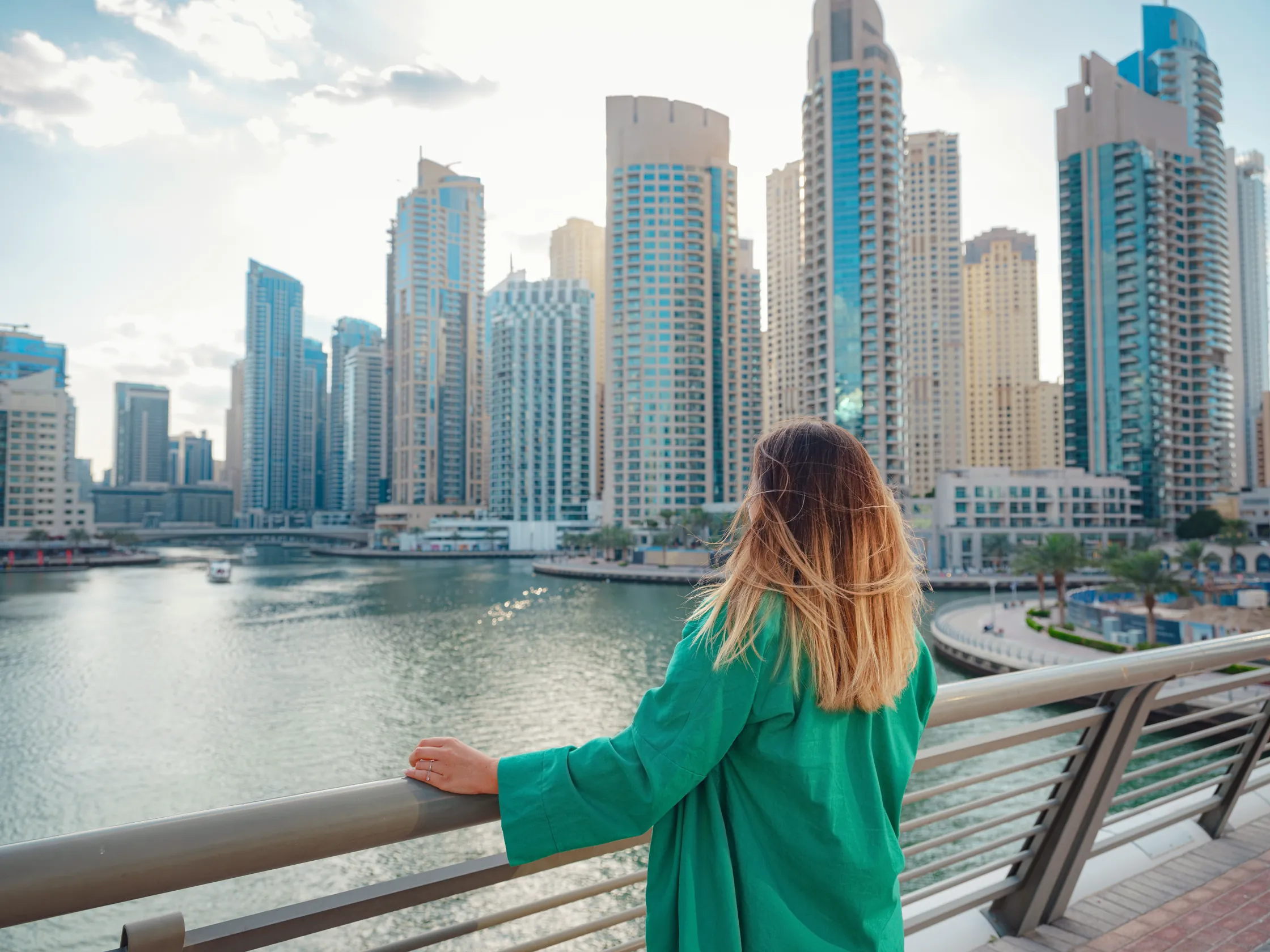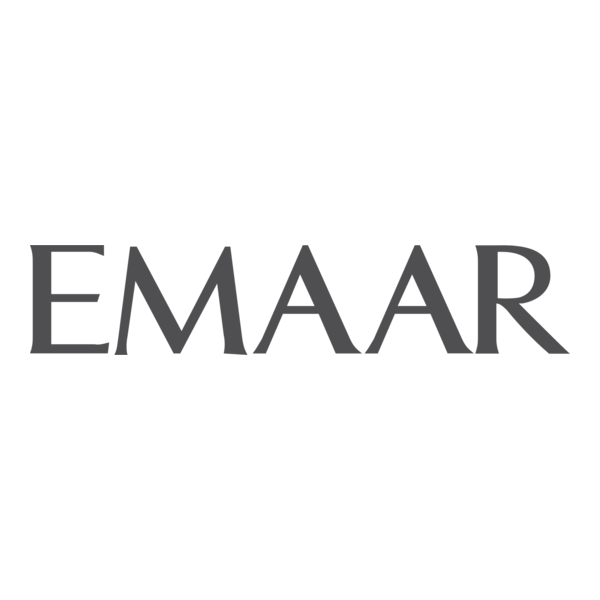Dubai Property Investment (2025 Guide & High ROI)

Can Foreigners Legally Own Property in Dubai
Yes, foreign nationals can legally buy and own property in Dubai. However, Dubai property ownership is typically restricted to designated Dubai freehold areas. The legal framework primarily offers two types of ownership for non-GCC nationals: freehold and leasehold. Understanding this distinction is a critical first step for any foreign buyer in 2025.
What is the difference between Freehold and Leasehold
Freehold ownership grants the buyer complete ownership of the property and its underlying land, with no time restrictions. The buyer's name is registered with the Dubai Land Department (DLD) as the landowner, and they receive a Dubai title deed. Freehold properties can be sold, leased, or occupied at the owner's discretion and are fully inheritable. Popular Dubai freehold areas for investment include Dubai Marina properties, Downtown Dubai properties, and Palm Jumeirah properties, along with Jumeirah Village Circle.
Leasehold ownership provides the buyer with the right to use and benefit from a property for a fixed term, typically up to 99 years, without owning the land itself. Upon lease expiration, ownership reverts to the freeholder. Leasehold properties are often more budget-friendly, but any property modifications require the freeholder's consent.
What is the Step-by-Step Buying Process
Navigating a property purchase in Dubai follows a structured process, carefully overseen by the Dubai Land Department (DLD). For successful Dubai property investment in 2025, partnering with a reputable real estate agent is highly recommended. This ensures a smooth transaction from start to finish. The journey involves several key milestones, from initial search and financing to the final transfer of ownership.
The typical Dubai property buying process includes these steps:
- Determine Your Budget and Goals: Clarify whether you are buying to reside in the property or purely for investment, which will guide your property type and location choices.
- Obtain Mortgage Pre-Approval: If financing is needed, securing pre-approval from a UAE bank clarifies your budget and enhances your credibility as a buyer.
- Find a Property and Make an Offer: With your agent's assistance, locate a suitable property and submit a formal offer to the seller.
- Sign the Memorandum of Understanding (MoU): Once the offer is accepted, both buyer and seller sign an MoU (Form F), outlining the sale's terms and conditions. A security deposit, typically 10% of the property price, is paid by the buyer at this stage.
- Obtain a No-Objection Certificate (NOC): The seller must secure an NOC from the property developer. This confirms no outstanding service charges or liabilities exist on the property.
- Complete the Transfer of Ownership: The final step occurs at a DLD-approved registration trustee office. Both parties meet to formally transfer the property, settle the remaining balance, and receive a new Dubai title deed in the buyer's name.
How Can You Finance Your Property Purchase
Foreign buyers can acquire property with cash or secure a mortgage from a UAE-based bank. While cash purchases are frequent, many resident and non-resident foreigners choose financing. Several local and international banks offer mortgage products specifically designed for expatriates, though terms and eligibility criteria may vary compared to UAE nationals. Understanding Dubai mortgage requirements is key for smooth financing.
What are the mortgage options available
Expat mortgages are widely accessible, but applicants must meet specific Dubai mortgage requirements. A key distinction exists between UAE residents and non-resident buyers, with residents often securing more favourable terms and lower down payments. For resident expats, banks typically require a down payment of at least 20% of the property value.
Mortgage options in Dubai generally include:
- Fixed-Rate Mortgages: The interest rate remains constant for an initial period (e.g., 1-5 years), providing predictable monthly payments.
- Variable-Rate Mortgages: The interest rate adjusts with market fluctuations, specifically tied to the Emirates Interbank Offered Rate (EIBOR).
- Offset Mortgages: A borrower's savings are linked to the mortgage, effectively reducing the interest paid over time.
To qualify for a mortgage, applicants typically need a stable employment history (minimum six months to a year), a clean credit history, and verified proof of income.
What are the Key Documents and Costs Involved
Completing a property transaction in Dubai requires specific documentation from both the buyer and the seller. For a foreign buyer, the primary requirement is a valid passport. If a UAE resident, an Emirates ID is also needed. The seller must provide the original Dubai title deed for the property.
What are the upfront fees to expect
Beyond the property's purchase price, buyers must budget for several upfront costs and fees. It is crucial to factor these into your budget to avoid any unexpected expenses during the transaction.
Key fees for Dubai property investment include:
- Dubai Land Department (DLD) Fee: A 4% fee based on the property's purchase price.
- Registration Fees: Variable administrative fees payable to the DLD, typically amounting to a few thousand dirhams.
- Real Estate Agency Fee: Usually 2% of the purchase price, plus 5% VAT, for broker services.
- Mortgage Registration Fee: If financing is involved, 0.25% of the loan amount is payable to the DLD.
- NOC Fee: A No-Objection Certificate fee paid to the developer, ranging from AED 500 to AED 5,000.
- Deposit: A refundable security deposit of 10% is typically required when signing the Memorandum of Understanding (MoU).
Why Should You Work With a Real Estate Agent
While direct property purchases are possible, partnering with a reputable real estate agent is highly recommended, especially for foreign investors unfamiliar with the Dubai market. A professional agent offers invaluable market knowledge, helps navigate legal complexities, and negotiates on your behalf to secure a fair price. They guide you through every stage of the Dubai property buying process, from selection to paperwork and handover, ensuring a streamlined and stress-free experience.
An experienced agent can also provide insights into various communities, advise on Dubai investment properties with the best potential, and connect you with other professionals like mortgage brokers and conveyancers. Their expertise is crucial for making informed decisions and avoiding potential pitfalls in Dubai's dynamic real estate landscape.
Final Thought
Engaging in Dubai property investment as a foreigner is a well-regulated and accessible venture offering compelling returns and significant lifestyle benefits. By understanding the legal framework, familiarising yourself with the structured Dubai property buying process, and partnering with experienced professionals, you can confidently invest in one of the world's most dynamic real estate markets in 2025. From initial property search to the final transfer of ownership, a clear and supported path awaits anyone looking to call Dubai home or add a high-performing asset with strong Dubai rental yields to their portfolio.
Get Your Free Dubai Investment Guide
What's Inside:
- ✓8+1 reasons international investors buy in Dubai
- ✓Market overview – the numbers you must know before investing
- ✓Off-plan vs Ready – what are the advantages?
- ✓Top 6 emerging locations for off-plan investment
- ✓Golden Visa – frequently asked questions answered
Your information is private. We never spam.







